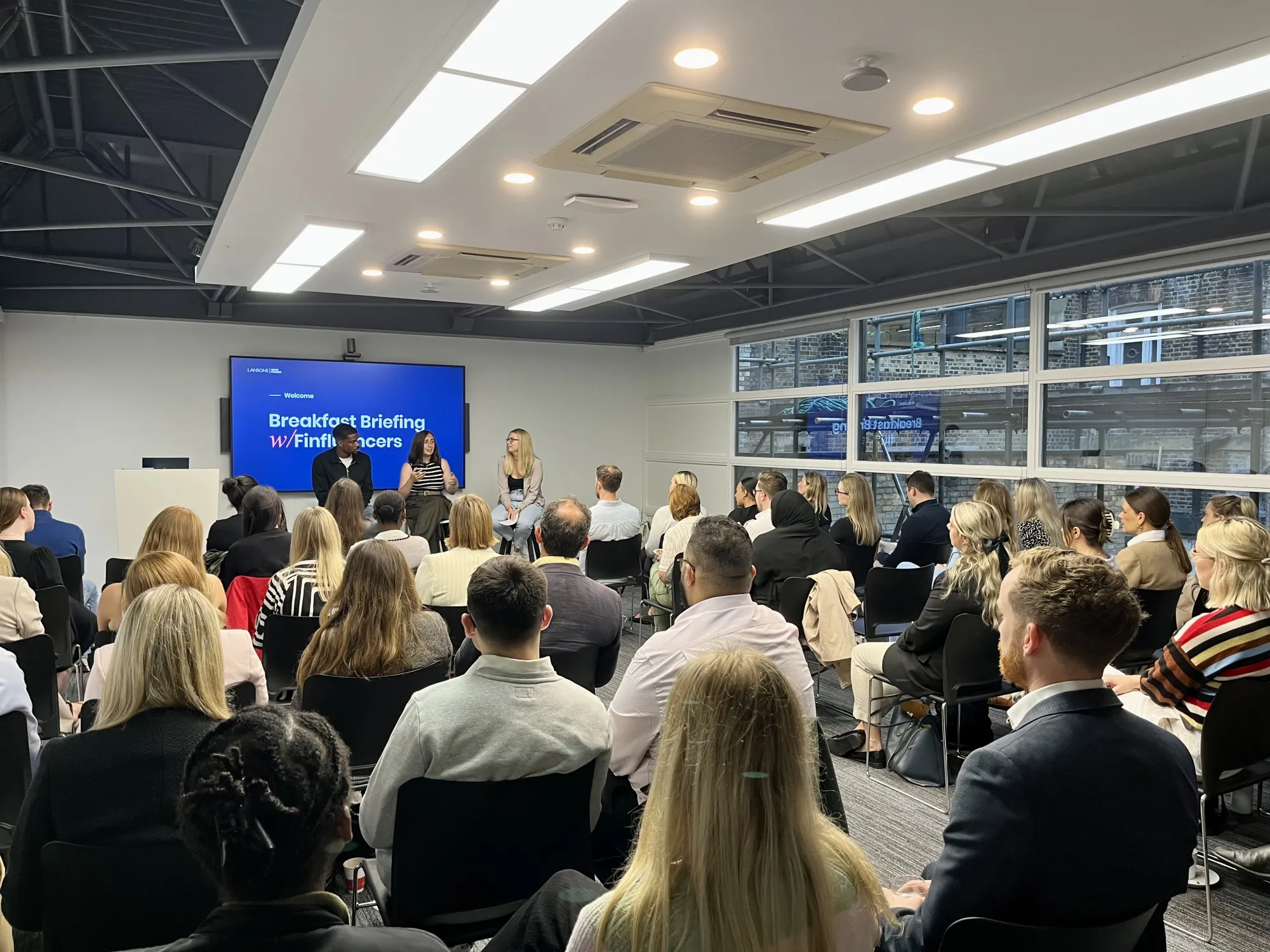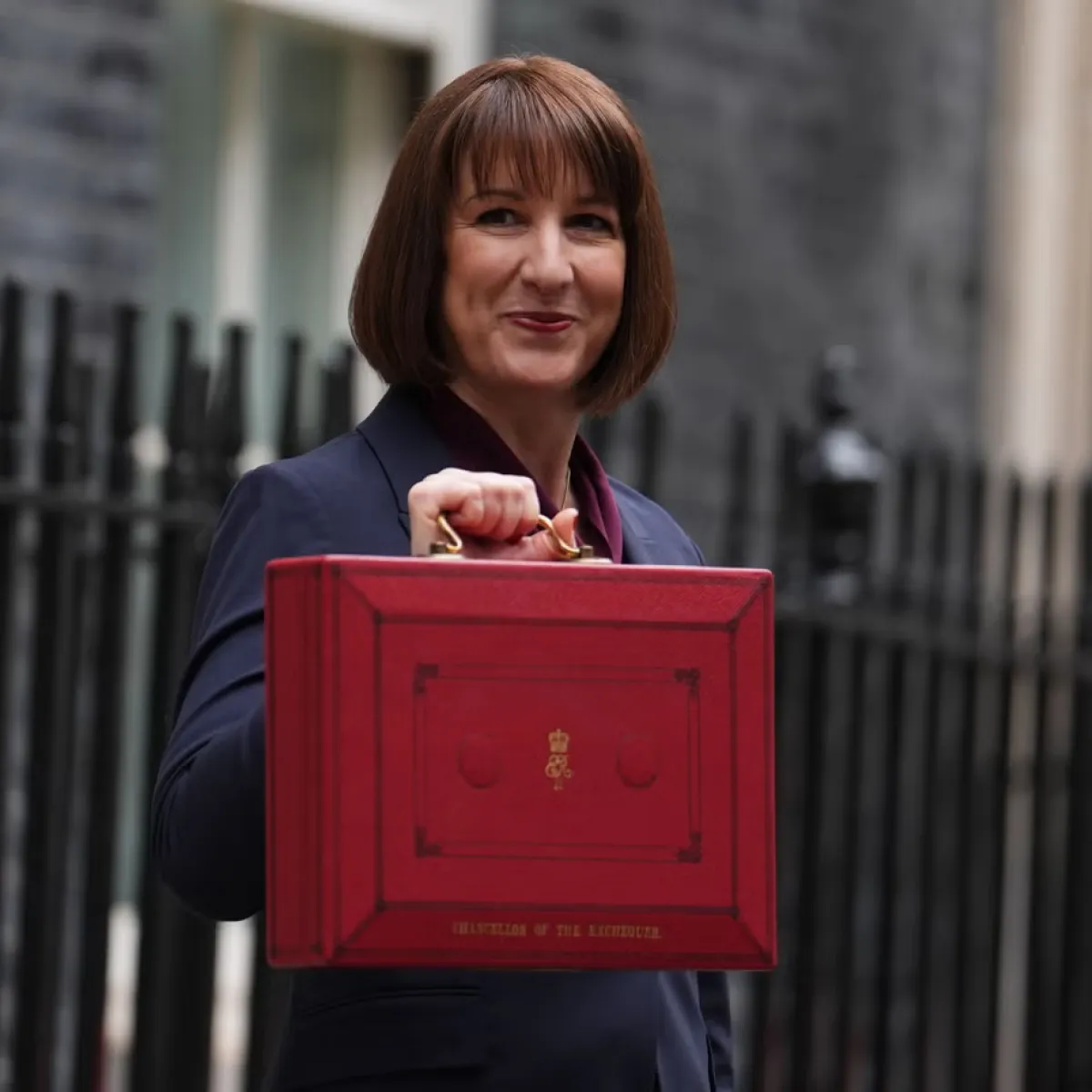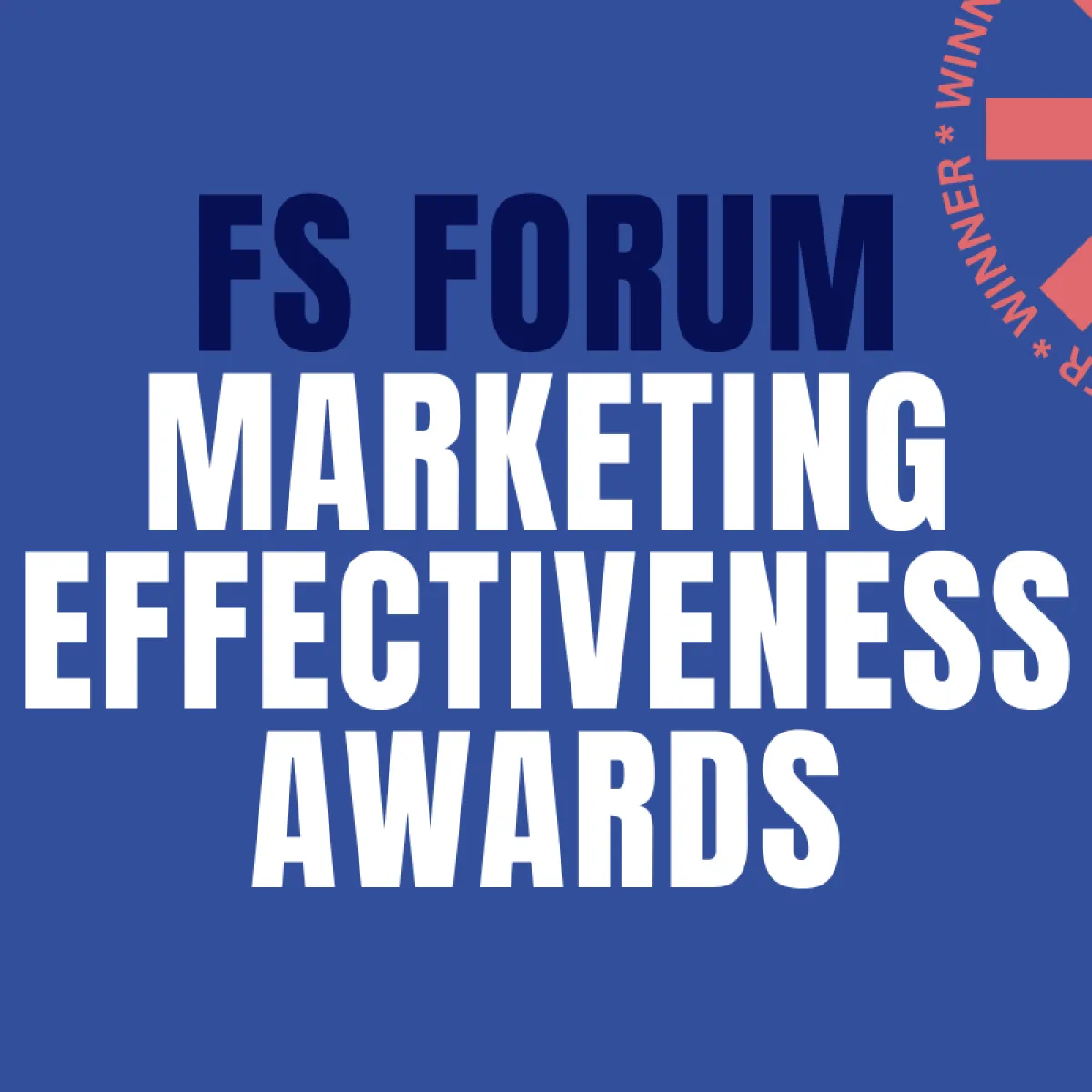This website uses cookies. Learn more
Navigating influencer partnerships in the financial sector
Tom Cook, Head of Digital unveils how financial brands can harness Finfluencer partnerships in the rapidly shifting digital landscape.


In the ever-evolving digital marketing landscape, influencer partnerships have become an established tool for brands looking to connect with audiences in ways they struggle to through owned channels.
While ‘Influencers’ in general are well established, ‘Finfluencers’ are a relatively new addition to the creator economy.
While approaches to platforms, content, and subject matter vary within this category of influencers, the shared goal of Finfluencers is ultimately to increase the financial literacy and confidence of consumers – widely recognised to be a significant issue in the UK – making Finfluencer partnerships a rich territory for financial services brands to explore.
Undoubtedly the financial services sector presents a relatively unique set of challenges when it comes to influencer marketing, with strict regulatory requirements from FCA to ensure consumer safety often leading to equally stringent compliance requirements guiding brand output. But despite these challenges, Finfluencers have emerged as a credible and effective partner for financial services brands looking to connect with potential new audiences, build brand awareness, and gradually increase conversion over time.
To understand the routes to building effective partnerships Lansons recently hosted a Breakfast Briefing with Finfluencers Timi Merriman-Johnson, aka. Mr MoneyJar (also a qualified financial advisor) and Clare Seal (also a qualified financial coach), here are some of the key considerations for brands looking to explore what Finfluencers could do for them:

1. Don’t let compliance fears hold you back too much.
While compliance with FCA regulations is a significant concern, its one that is manageable. For individuals like Timi and Clare the content creation process involves rigorous compliance checks throughout to ensure that messaging adheres to industry regulations and brand compliance standards.
The real risks lie not in the individual pieces of content but in the broader actions of the influencer outside of the brand partnership, which makes working with Finfluencers a safer bet than working with broader ‘lifestyle’ influencers, as the long-term success of their public personas is tied to their credibility to talk about topics connected to a highly regulated industry sector.
2. Collaboration is key to impactful partnerships.
Even if you’re paying a Finfluencer to partner with them it doesn’t give you the right to tell them what you want them to do and remove their right to say no.
The best and most effective partnerships are collaborative at their core.
Treat Finfluencers as a true partner, involve them early in the ideation process where they can leverage their expertise and qualitative audience data to help shape output instead of approaching them with a rigid idea, spell out your do's and don'ts upfront, and don't reveal restrictions halfway through the partnership.
3. Don’t just think about the product.
The best performing content isn't product led, it tends to take audiences on a journey based on what each Finfluencer knows is important to or engaging for them. This could be tapping into newsworthy topics, current affairs and pop culture moments, or simply providing considered perspectives on topics they regularly ask questions about.
When plotting a potential partnership don't just bring a product to the table and expect one piece of content to lead to a meaningful conversion.
Be led by the expert.
Your Finfluencer of choice knows their audience better than you and will be able to craft a subtle yet effective way to talk about you and your products.
4. Respect the influencer’s right to choose who they work with.
Influencers think audience first when picking brand partnerships, if the idea is right for their audience, it's likely right for them and something they will be open to work with you on.
It’s rarely the case that offering more money will unlock a partnership if you’ve been rebuffed; and if it is the partnership might not be right anyway. Content creators build their communities on trust and the best aren't going to sacrifice this if your idea breaks their relationship with their audience - no matter how good you think it is.
5. Finfluencers open doors owned channels can’t.
There are plenty of untapped conversation topics brands can look to own but are wary of or don’t feel they can speak to in a way that will create an authentic connection with audiences, such as finance and mental health or neurodiversity.
In these situations, Finfluencers can often offer an authentic route into conversations on subjects that audiences wouldn’t typically engage with a financial services brand on, in many cases because they have personal experience of these situations which can inform a more authentic approach to speaking about them with audiences.
6. Think long-term not one-off.
Long-term partnerships are often the most effective route forward for both Finfluencers and brands. Partnerships deliver ongoing value for audiences over time and are more likely reassure audiences that the Finfluencer does genuinely advocate for the brand they are talking about – which isn’t always the case with poorly executed influencer activations.
This authenticity in turn is makes it more likely that content views will convert into a tangible action.
7. Don’t just think quantitative when it comes to measurement.
When it comes to measuring the effectiveness of partnerships it’s important to consider combining both quantitative and qualitative data to demonstrate impact. While numbers like views, clicks, and watch time are important, the stories and feedback Finfluencers receive from their audiences can help to provide additional context and show the real-world impact of content.
This is another factor that makes long-term partnerships more beneficial for brands, as qualitative data can often be relayed back to Finfluencers or insights can often take shape over longer periods of time once a piece or series of content has been posted.
Thinking about working with Finfluencers?
If this has prompted you to think about what role Finfluencers could play in your brand’s social media strategy, get in touch.
There are a number of ways we can provide support in this area, from helping develop a strategic approach to partnering with influencers, to identifying potential partners, and managing activations. In 2025 we'll also be launching our very own Finfluencer Academy, providing an opportunity to work directly with Finfluencers and Lansons Digital specialists to collaboratively develop the skills that underpin effective content partnerships.
Stay in the loop with our experts




New Business: to find out how we can help you, contact our dedicated new businesss team consultancy@lansons.com
Careers: we’d love to hear from you, please visit our careers hub











